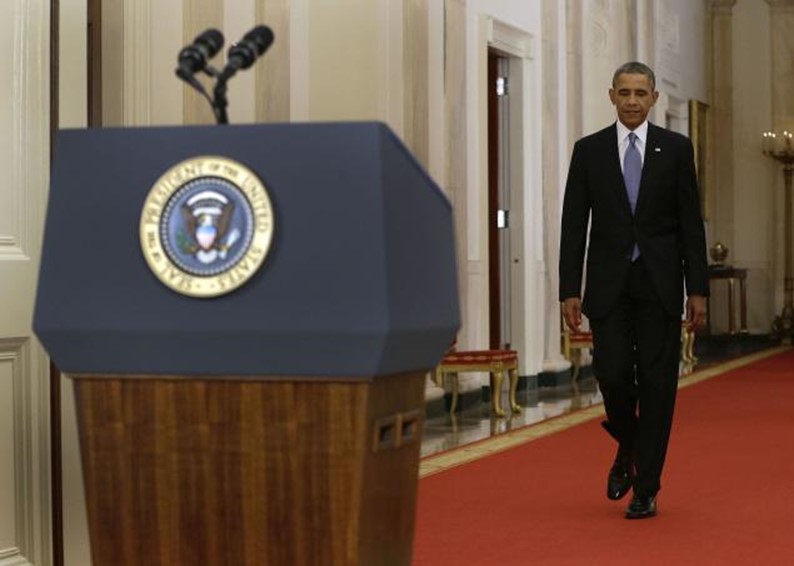The Myth Of The Left-Handed Genius
September 16, 2013 in Daily Bulletin

While left-handed people were once persecuted, today they are thought to have extraordinary capabilities. Every post-Cold War American President except for one has, for example, been left-handed. And even though left-handed people only make up 10% of the population they make up 25% of math professors at MIT. Allison Schrager, however, points to research that indicates that left-handed people aren’t particularly exceptional:
- Left-handed individuals are more likely to have a lower level of cognitive skills – debunking the idea that they’re mad geniuses.
- Left-handed people earn 6% less than right-handed people, and are less likely to have a college degree.
- Left-handed people are also more likely to have learning disabilities and behavioural issues.
- This is because there are two types of left-handed people. Those who were born with the left-handed gene, and those who are “environmental lefties”.
- Infants in utero who experience trauma or whose mothers experience stress are more likely to be left-handed. These individuals are known as environmental lefties.
- Once environmental lefties are controlled for it turns out that there is little difference in cognitive ability or earnings between right and left-handed people.
- Thus there is no difference between those who are right and left-handed for genetic reasons. But those who are left-handed for trauma related reasons have difficulties – as would, presumably, right-handed people who had suffered trauma.
Read more about the background of the research, who conducted it, and more of its findings over here.
Source: Quartz

















Join the Discussion! (No Signup Required)